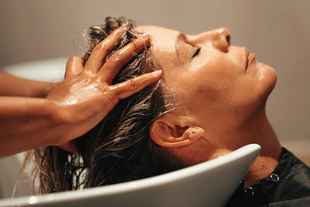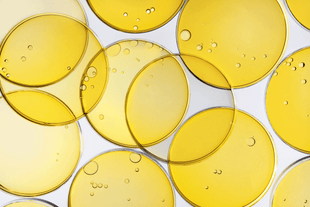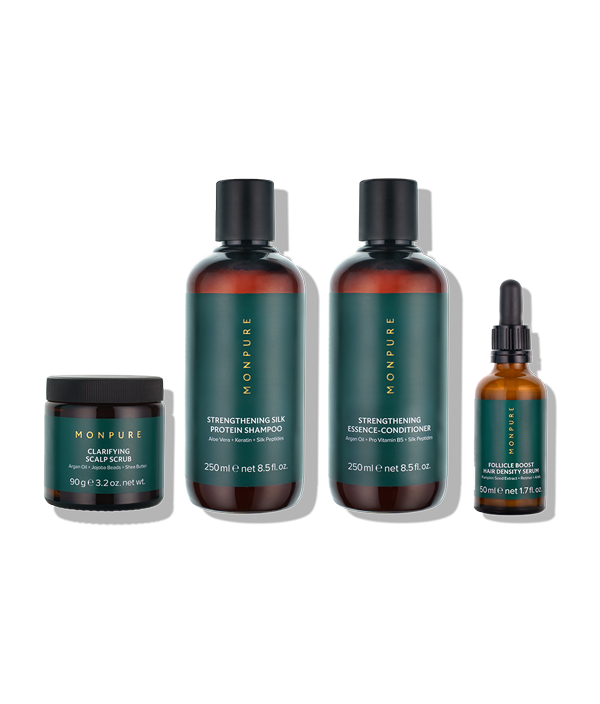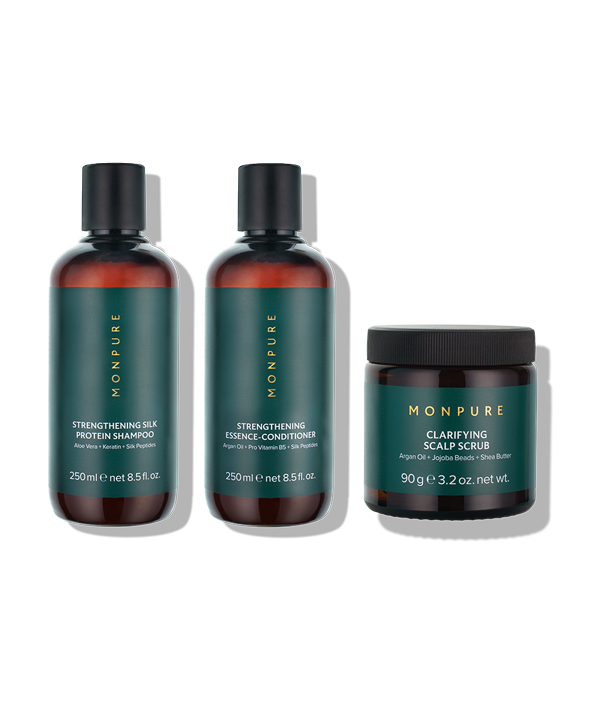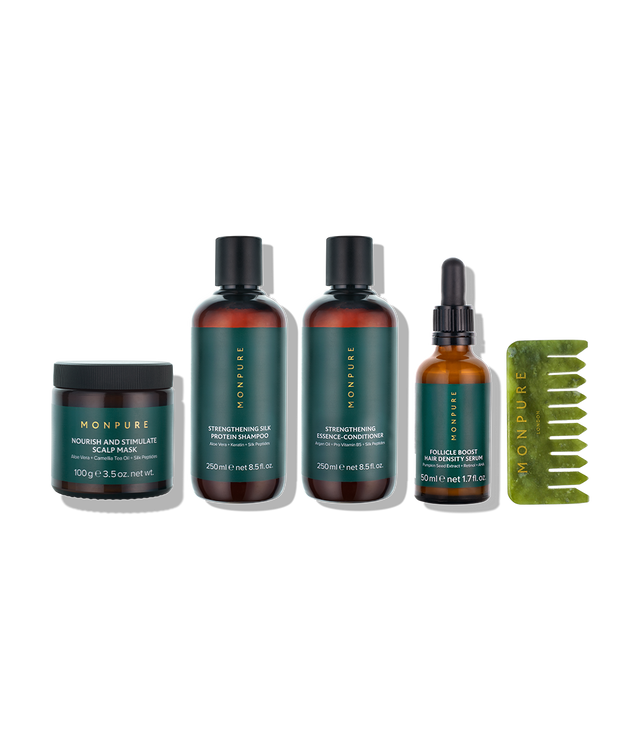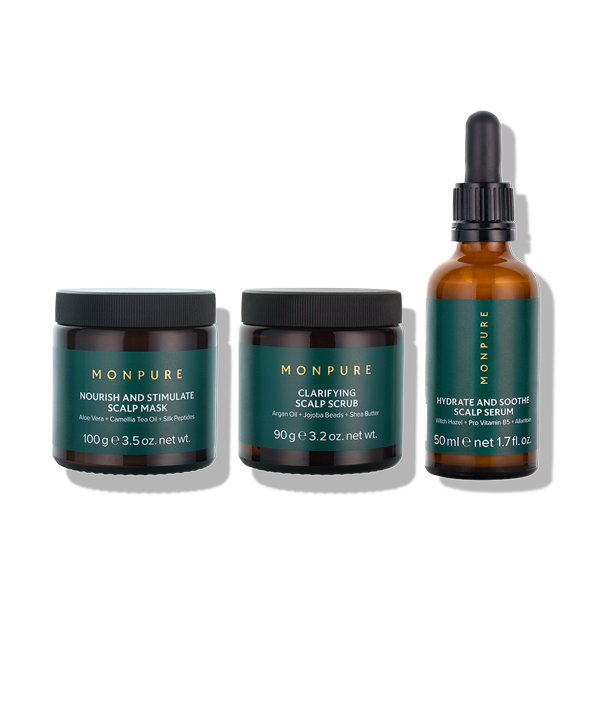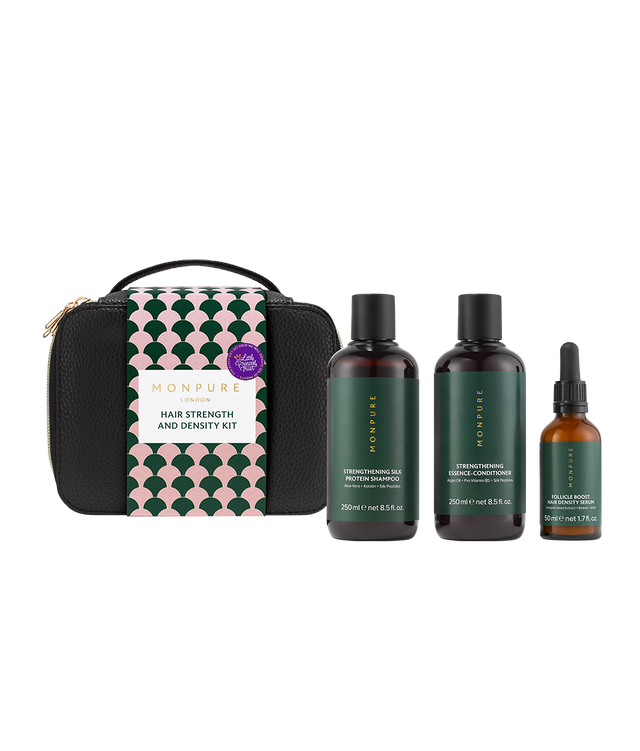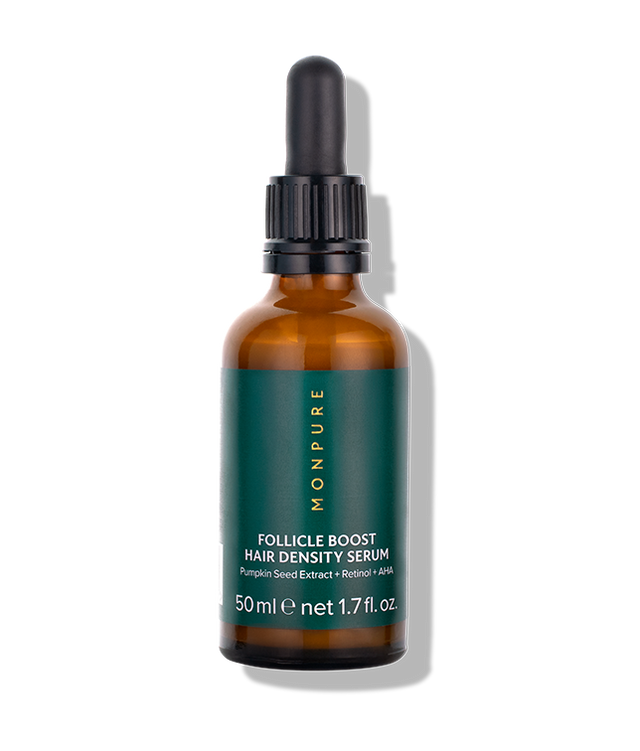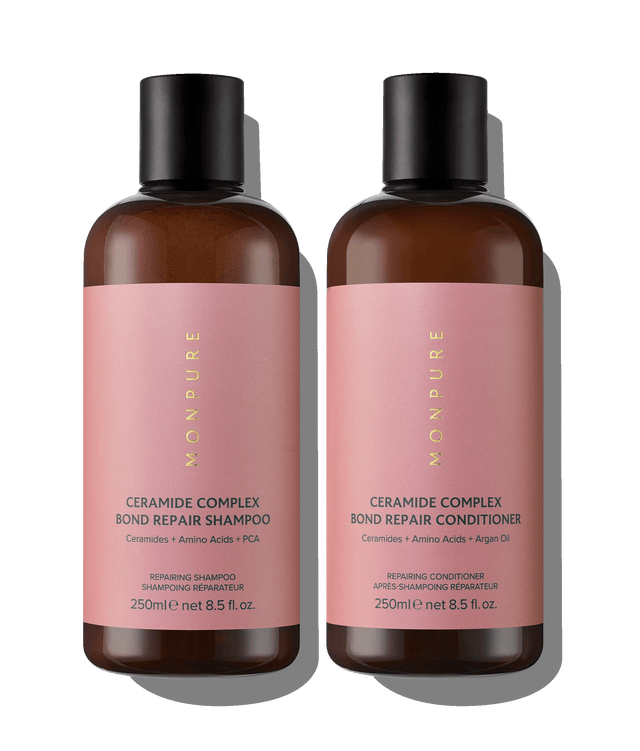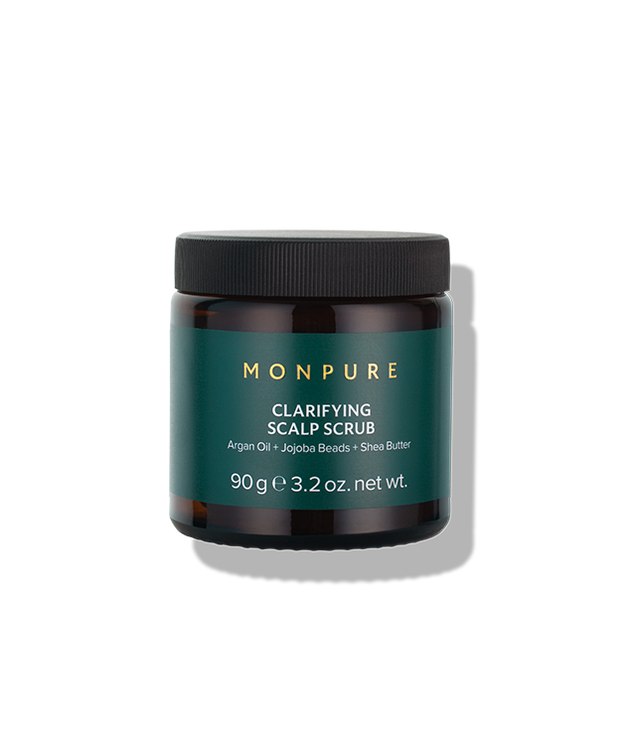Ever heard of the microbiome? You might have heard it frequently spoken about when it comes to skincare and gut health, but what about the scalp? Our resident dermatologist Dr Sue Ann Chan explains "what is the microbiome"...
What is the microbiome?
There are trillions of bacteria and microorganisms living in and on the human body including our scalp. This is known as the microbiome. Thanks to recent advances in areas like human genetics, we now know more about the human microbiome than ever before.
Why is it important to understand the human microbiome?
Microorganisms are vital when it comes to keeping our body’s functions ticking over, including digestive systems, respiratory systems and our skin (not least scalp-skin!). We now know that when the microbiome on our skin gets out of balance, it can cause or aggravate scalp conditions such as atopic dermatitis (eczema) and psoriasis, as well as risk the skin becoming infected.
The microbiome has been shown to directly affect the health of the scalp. Scientists have been able to examine common bacteria normally living on our scalp, revealing that bacteria propionibacterium acne and staphylococcus epidermidis are commonly found on the scalp.
On a healthy scalp, the amount of propionibacterium appears to be higher than staphylococcus; whereas on a scalp with dandruff, staphylococcus appears to be much higher in concentration. Another important and common yeast found on individuals with dandruff is the malassezia species.
Studies have also shown that good bacteria on the scalp allows for swifter absorption of vitamins and amino acids to maintain healthy hair growth and prevent dandruff from forming.
What can I do to look after my scalp?
If you want to ‘feed’ the good bacteria on the scalp, consider taking probiotics. With research, we now know that the skin microbiome is affected by our diet, with some experts suggesting taking probiotics or eating probiotic-rich foods to regulate our skin microbiome. Currently, growing evidence suggests the use of oral and topical probiotics to help improve our skin microbiome in order to treat inflammatory skin diseases. More studies and reviews are currently being undertaken to investigate the microbiome and skin and scalp conditions such as acne, rosacea, eczema, psoriasis and seborrheic dermatitis. Plus, a recent study from Korea has indicated that probiotics have the potential to improve male pattern hair loss.
Lifestyle factors can also have an effect, for example the microenvironment created by constantly wearing a hat can disrupt the balance on this area of skin, leading to acne or folliculitis.
Stress is also a huge factor in maintaining a healthy microbiome ¬– and therefore a healthy scalp. There is a well-established connection between our gut and the brain called the ‘brain-gut axis’. Any unwanted stress may result in changes in our skin microbiome, causing an imbalance. When this happens, for example in individuals with dandruff, inflammation can occur, causing seborrheic dermatitis (where our scalp produces too much sebum which dandruff-causing yeast feeds on). This may also be the reason why we get acne breakouts in times of mental stress, where there is a disproportionate amount of ‘bad’ bacteria on the skin, such as propionibacterium acne .
Well-hydrated skin is also key when it comes to regulating the microbiome balance on the scalp-skin. Daily application of MONPURE’s Hydrate and Soothe Scalp Serum, which contains hydrating aloe vera and toning witch hazel, can make a huge difference in preventing and soothing scalp redness and discomfort.

References:
Saxena R, Mittal P, Clavaud C, et al. Comparison of Healthy and Dandruff Scalp Microbiome Reveals the Role of Commensals in Scalp Health. Front Cell Infect Microbiol. 2018;8:346. Published 2018 Oct 4. doi:10.3389/fcimb.2018.00346
Yu Y, Dunaway S, Champer J, Kim J, Alikhan A. Changing our microbiome: probiotics in dermatology. Br J Dermatol. 2020;182(1):39-46. doi:10.1111/bjd.18088
Park DW, Lee HS, Shim MS, Yum KJ, Seo JT. Do Kimchi and Cheonggukjang Probiotics as a Functional Food Improve Androgenetic Alopecia? A Clinical Pilot Study. World J Mens Health. 2020;38(1):95-102. doi:10.5534/wjmh.180119






